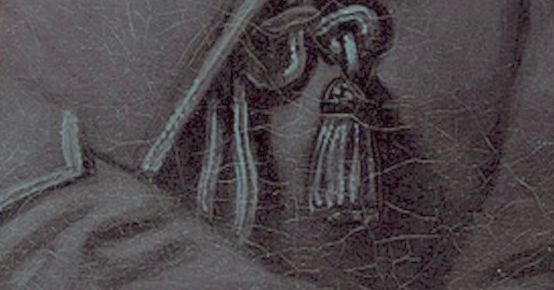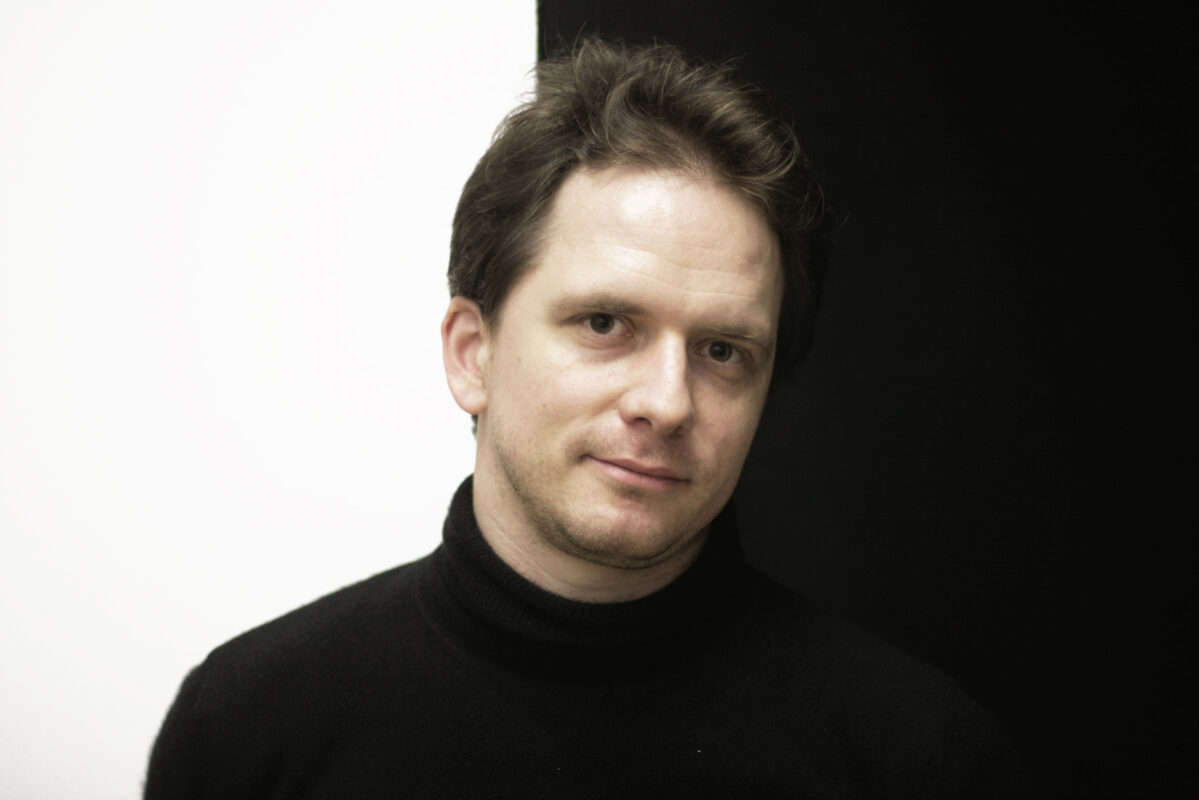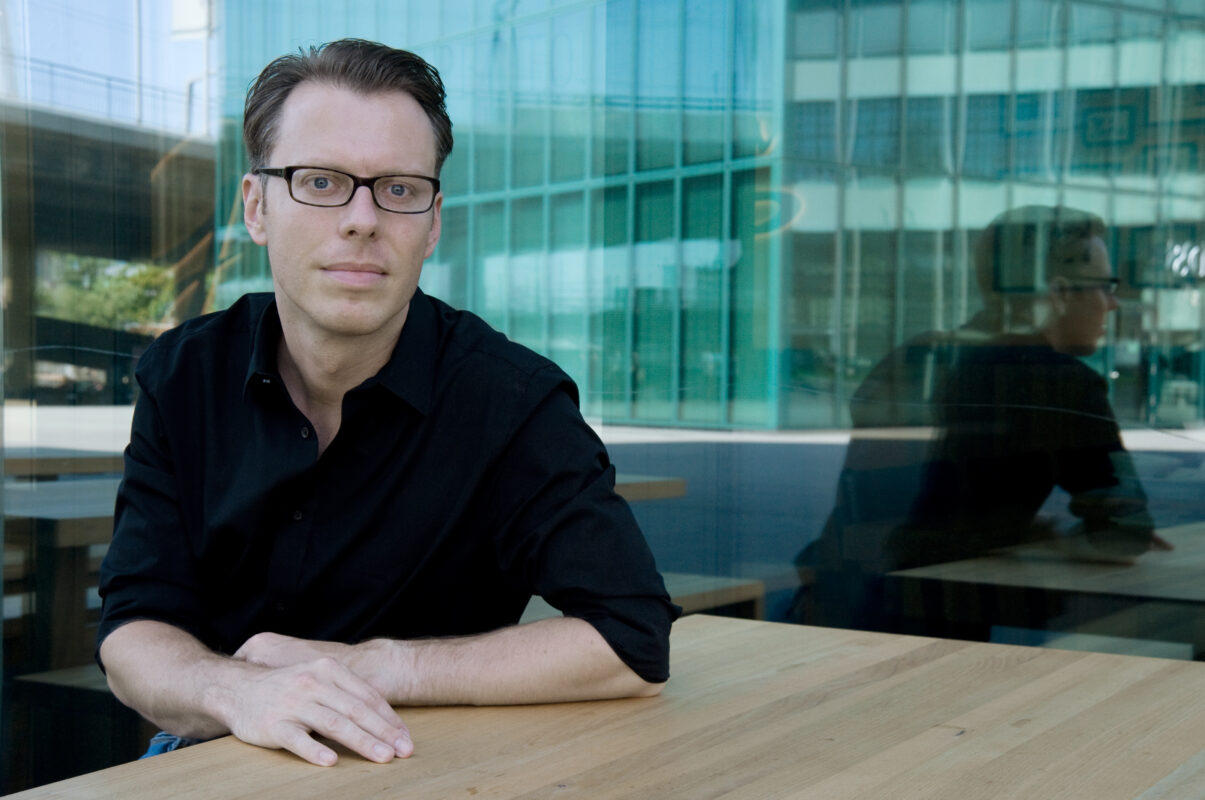Allegretto for piano, violin and cello
Every Friday, Beethoven is here. To mark the 250th anniversary of Beethoven's birth, each week the Swiss Music Review takes a look at a different work from his catalog. Today, for the Allegretto for piano, violin and cello in E flat major.

Beethoven didn't write any children's pieces or children's albums. In the first decades of the 19th century, childhood and infancy did not have the social and emotional place we are familiar with today. This changed in the 1840s with Mendelssohn (op. 72) and Schumann (op. 68). Yet Beethoven presented Maximiliane Brentano (1802-1861), who was only ten years old, with an Allegretto composed on June 26, 1812 with obligato violin and cello accompaniment on the piano - with this neatly handwritten autograph, including fingerings and a dedication: "so that my young friend Maxe Brentano may get into a good mood by playing it on the piano".
This 124-bar passage, which can be played by small hands both musically and technically, appears in Beethoven's oeuvre as a complement to the series of multi-movement piano trios already completed in 1810/11 with the Archduke Trio op. 97. But it is much more than that. With its flexible diatonism, it seems to reveal the point of view of a "different" Beethoven, who was a frequent guest of Antonie Brentano (1780-1869) and her daughters during the period between their first meeting, at the end of May 1810, and the summer of 1812. According to a passage in her diary, Antonie, who had been looking after her father's extensive property in Vienna since 1809, soon felt a "spiritual kinship" with Beethoven; by 1811, he had become "one of her favorite people" who (as she later declared in her diary) had been "a frequent guest". There are many clues to suggest that Antonie may have been Beethoven's mysterious "immortal mistress". Everything else is speculation, especially as Beethoven had apparently become a friend of the whole family (and of her husband, Franz, too).
On December 6, 1821, Beethoven sent a copy of his Piano Sonata in E major, Op. 109, to Maximiliana, already an adult, in memory of this period, with a dedication that proves his attachment: "To Maximiliana V. Brentano - A dedication!!! - And it's not one to be abused - it's the spirit that unites the noble and best people on this earth, and which time cannot destroy, it's this spirit that speaks to you now, and which brings back to me the memory of your childhood, as well as that of your beloved parents." Beethoven forgot to mention who accompanied this Allegretto on violin and cello...
Aufnahme auf idagio
Keeping in touch
A weekly newsletter reveals the latest column on line. You can subscribe by entering your e-mail address below, or by subscribing to our RSS feed.








